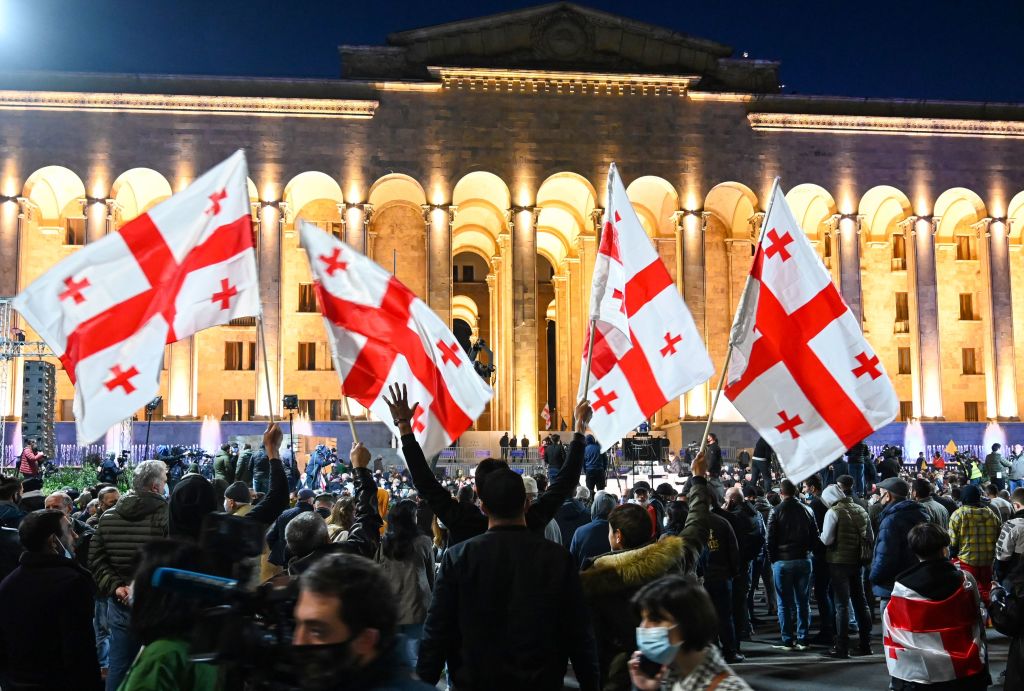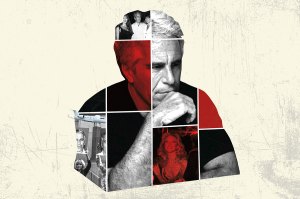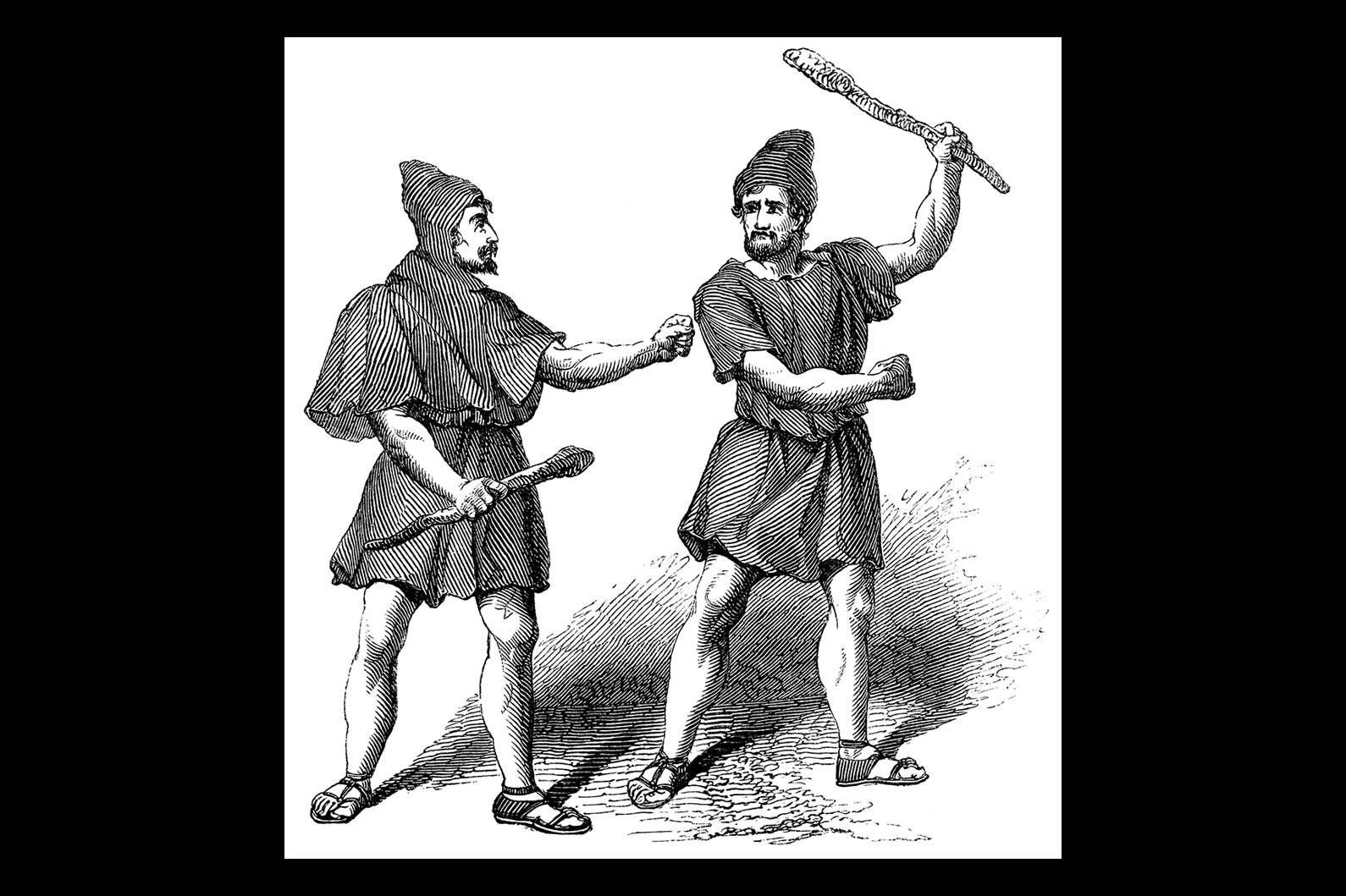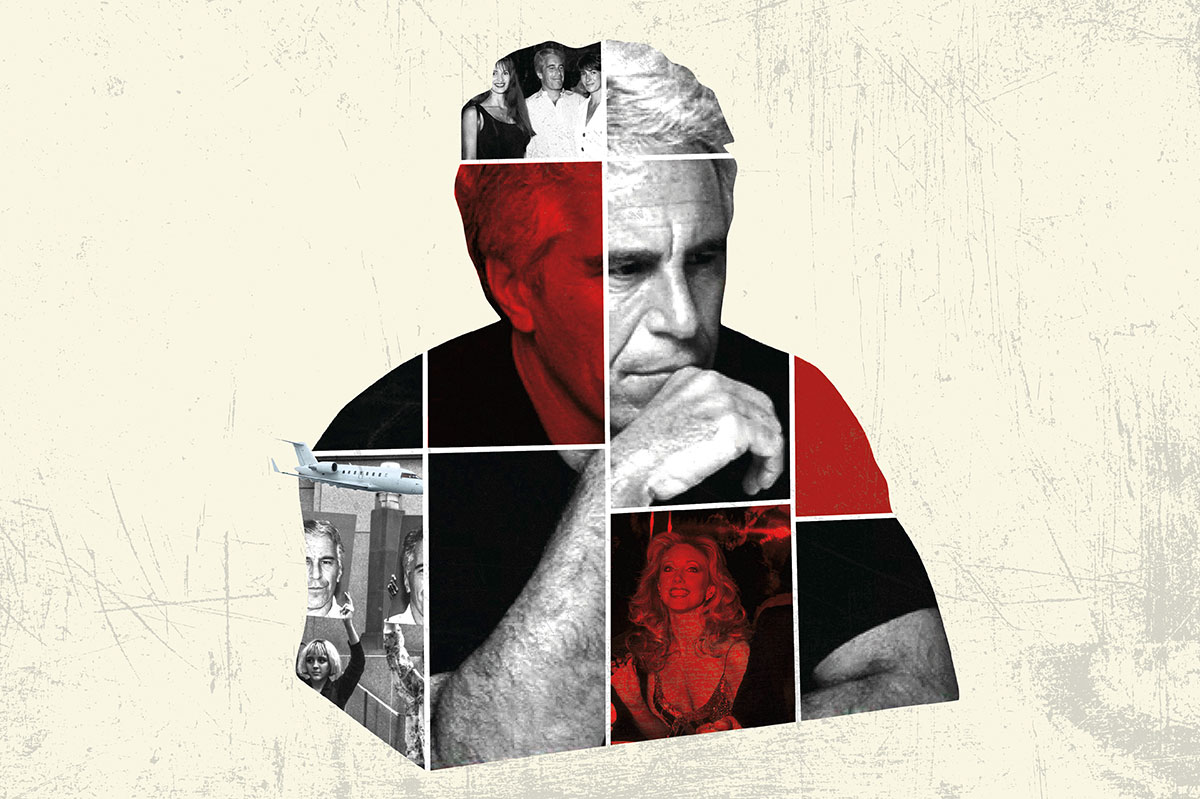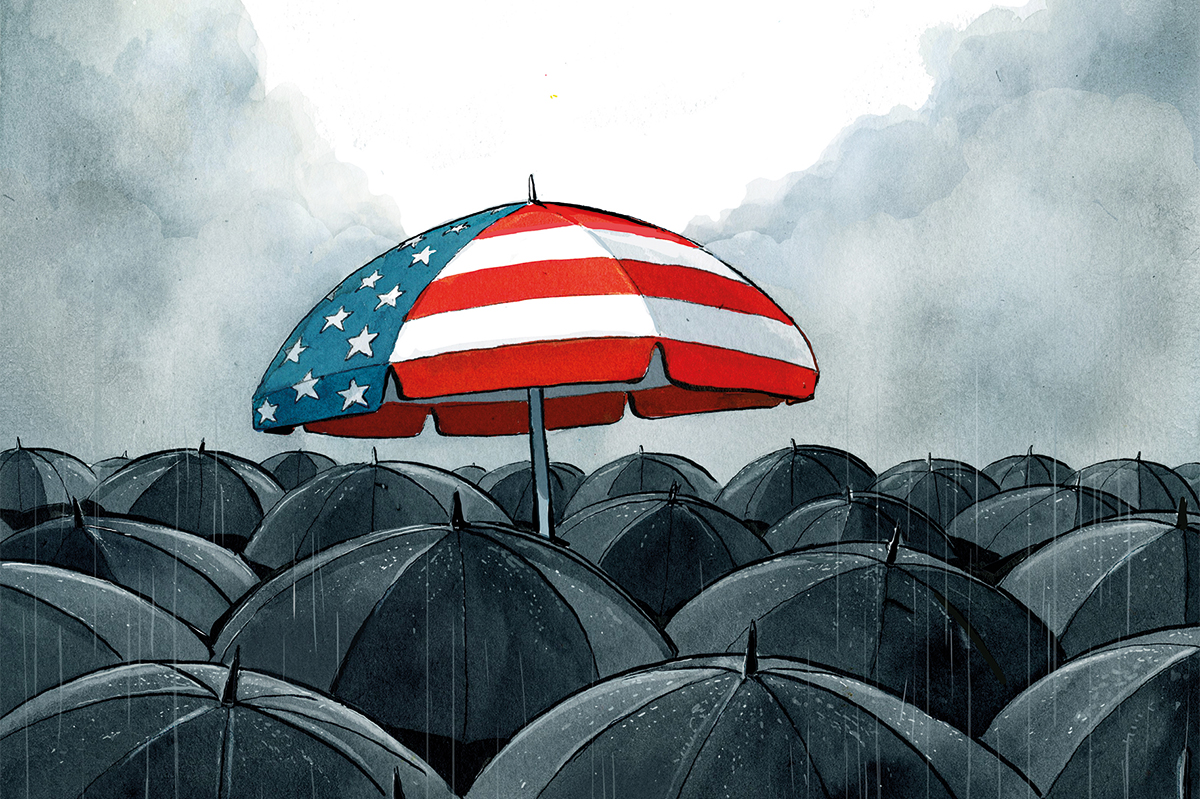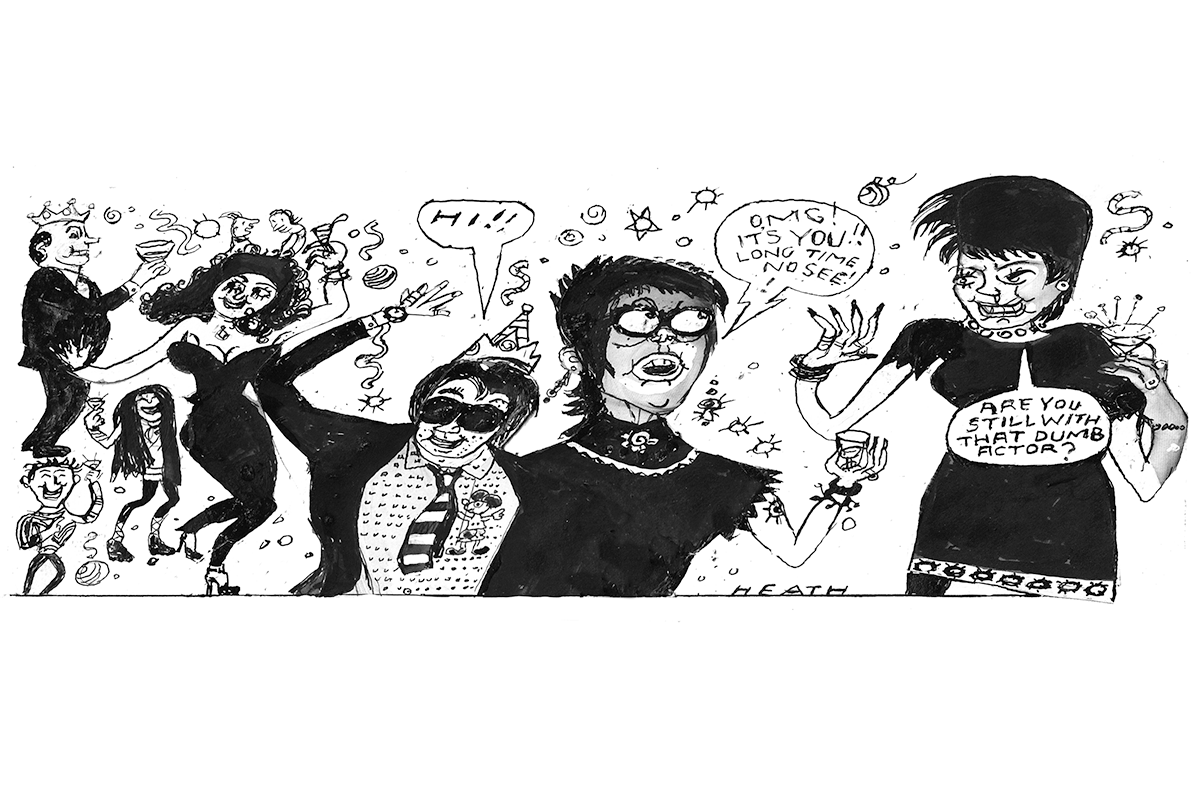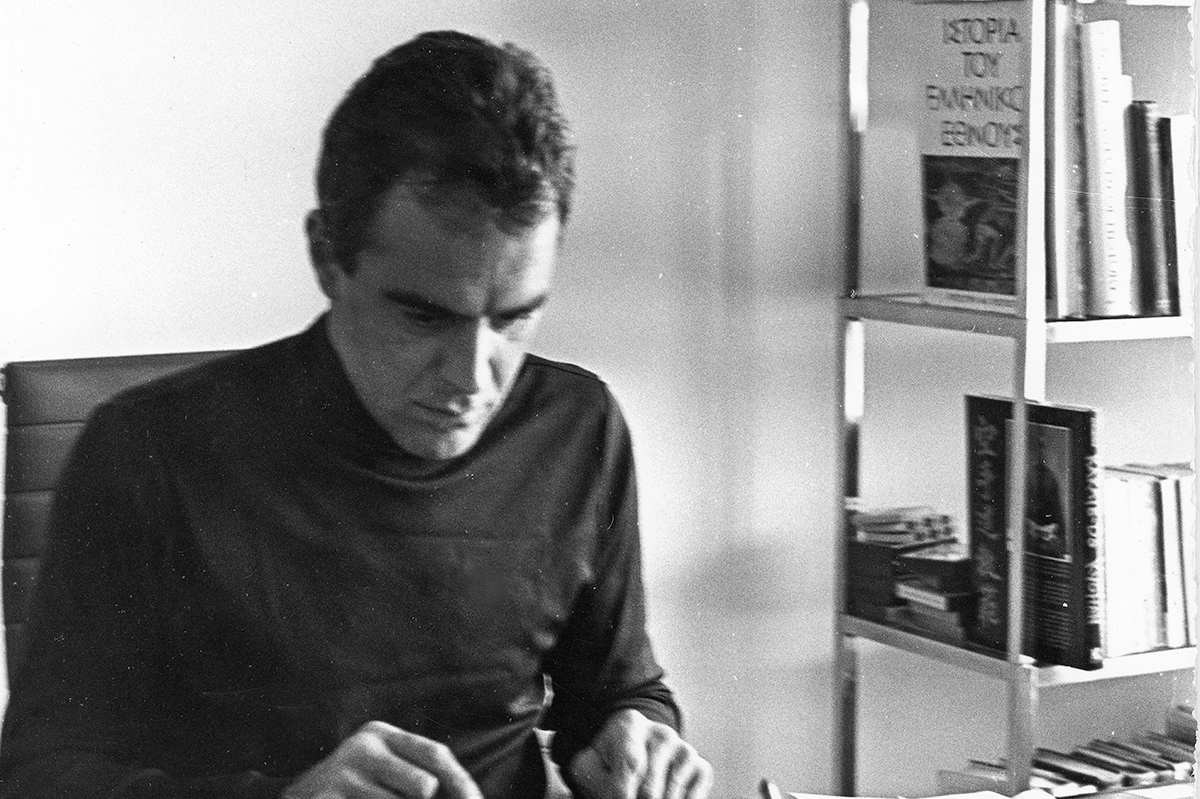It is the first display of political instability in the Caucasus in 2021. Georgian prime minister Giorgi Gakharia on Thursday announced his unexpected resignation.
Although his successor has yet to be confirmed, his replacement will be the country’s sixth prime minister in eight years. All, including Gakharia, have been members of the same party, Georgian Dream, that has held parliamentary control since 2012.
The founder of the party, the formerly reclusive billionaire Bidzina Ivanishvili, was the first Georgian Dream prime minister. He only held the post for a year, claiming he had achieved his political objectives after 12 months. This was treated with a degree of skepticism that was later proved justified. Ivanishvili retained the post of party chairman and his successors have been widely seen as his personal appointments, with their seemingly inevitable resignations equating to dismissal.
This seems to be the case with Gakharia. The departing PM claims that his abdication stems from a rift in the party over his reluctance to arrest the opposition heavyweight Nika Melia, whose apparent failure to pay his outstanding bail costs over a charge of inciting violence in 2019 led to the issuance of a warrant. Arresting Melia, the Gakharia argued, could lead to an outbreak of violence.
Although the Georgian Dream party has won two elections that were broadly free of controversy, the longer it has been in office, the greater its democratic backsliding has been. A number of judicial actions have been rife with controversy, such as the case of Fr Giorgi Mamaladze, who was accused and convicted of the attempted murder of a senior Church official in 2017, and whose trial was held behind closed doors. A number of Church figures have claimed he was framed, and Mamaladze has maintained his innocence. Later that year, the stabbing of two young people in Tbilisi was followed by an investigation that was dogged by accusations of corruption. Lawyers involved in the case claimed they were subject to threats when their version of events did not match that of the Prosecutor’s Office. This resulted in large-scale rallies against perceived unlawful government intervention.
Protests also erupted in 2019 after the government failed to deliver on its promise to reform its electoral system, leading to 240 injuries, including two people who received eye injuries after being shot with rubber bullets. A year later, investigative journalists uncovered alleged cases of vote-buying during the elections of 2020.
Since Georgian Dream came to power in 2012, there have also been suspicions that Ivanishvili, whose fortune was largely made in Russia in the 1990s, has maintained covert ties with Moscow. Although the Georgian Dream party has kept Georgia close to Nato and secured visa-free travel to the EU, its increasingly anti-democratic behavior is viewed by the opposition parties as signaling its disdain for Western norms.
The government has so far managed to retain power largely due to the fractured nature of the country’s political opposition: many anti-government parties are too small to have any electoral impact, while the only two sizable parties continue to fete leaders from decades ago or call for the quasi-messianic return of former President Mikheil Saakashvili. Public appeal has proved demonstrably limited.
For its part, the West needs a stable democracy in Georgia. The Caucasus region still has a strategic importance as the gateway between Europe and Asia, as it has had throughout history (Georgia alone has been invaded by the Umayyad Caliphate, the Seljuk Turks, the Timurid Empire, the Ottoman Empire, Imperial Russia, the Soviet Union, and the Russian Federation). The Caucasus is also home to the only natural resource pipelines from the Caspian Sea which are free from Russian or Iranian control. This has been one of the prime motivating factors behind the West’s support for Georgia and Azerbaijan since their independence from the Soviet Union.
Turkey is another reason why the West should care about Georgia. The days of Turkey being a stalwart ally in Asia Minor with valuable strategic proximity to the Middle East and Russia’s southern flank appear to be over. The Erdogan government’s Islamist neo-Ottomanism have shown that the country cannot remain a Western partner indefinitely, and so it makes sense for Washington and Brussels to relocate their regional strategic assets away.
Georgia is the West’s only real friend in the region — assuming, of course, that the Georgian Dream government is not as riddled with Russian sympathizers as the opposition likes to claim.
Europe and the US are perhaps as much to blame for the country’s democratic deterioration as Georgian politicians themselves: the carrots of EU and Nato membership have been tantalizingly dangled in front of the country for almost two decades, only to be consistently denied for reasons that appear increasingly weak.
Meanwhile, expressions of ‘deep concern’ from Western governments do not have a particularly impressive track record of bringing despots and tyrants to heel. Something must be done to incentivize Georgia — perhaps by giving the country a definitive date on when it will finally ascend to Nato membership. So far, all the 37 dead and almost 300 wounded Georgian soldiers who fought in Nato campaigns have earned the country is high praise and repeated training packages, neither of which will do much to protect the nation in the event of another Russian foray south.
As vaccinations bring COVID-19 under relative control, and the political fallout from Brexit and America’s last election subsides, foreign policy will again be brought to the fore of Western politics. When this happens, the West will need firm allies abroad. As history has shown, the Caucasus is too strategically important to ignore.
This article was originally published on The Spectator’s UK website.



